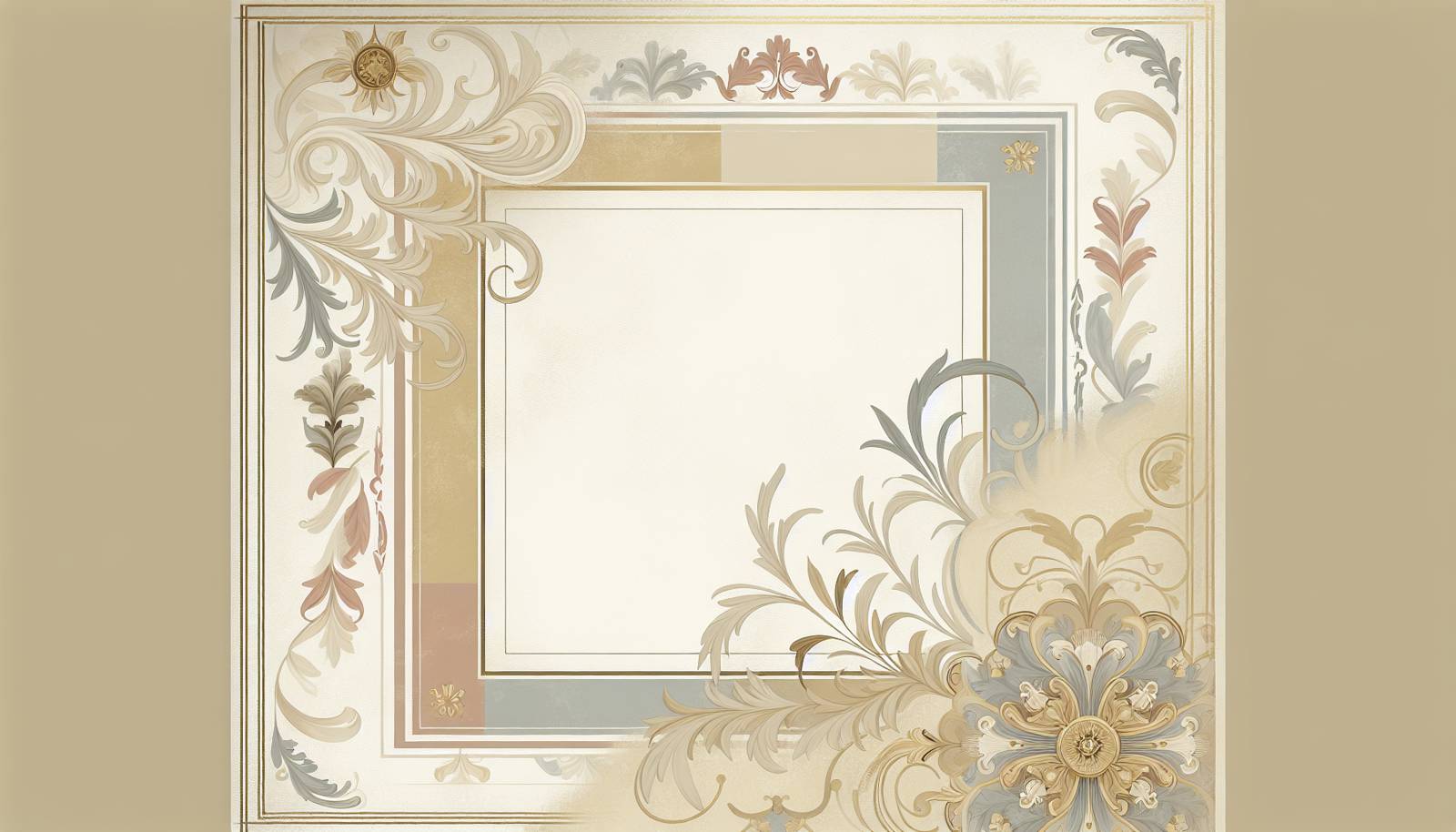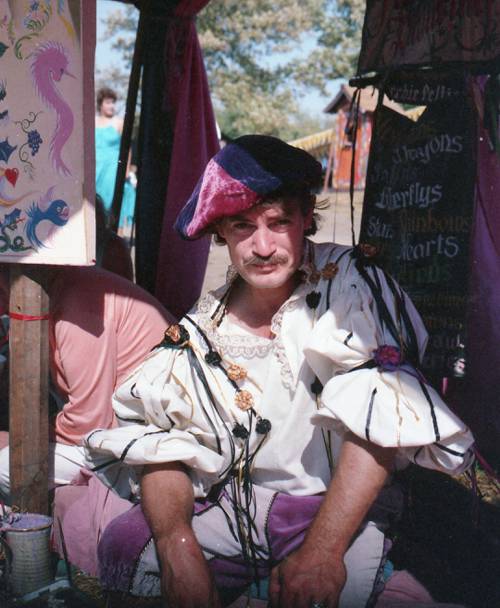
FAQ About The Cultural Significance of Renaissance Festivals in Modern Society

What are Renaissance festivals?
Renaissance festivals are events that seek to recreate the ambiance and cultural atmosphere of the Renaissance era. These festivals typically include performances, crafts, and foods that are representative of 14th to 17th-century Europe. They are often held outdoors and feature reenactments, historical costumes, and various entertainment options catering to the whole family.

When did Renaissance festivals first begin?
The first modern Renaissance festival is generally considered to have begun in 1963 with the establishment of the Renaissance Pleasure Faire in Agoura, California. Since then, the concept has spread throughout the United States and other countries, becoming popular cultural events.

Why are Renaissance festivals significant in modern society?
Renaissance festivals play a crucial role in modern society by providing an interactive space for historical education and cultural preservation. They offer an engaging way for individuals to experience and learn about history, thus fostering a deeper understanding of heritage and traditions. Additionally, they serve as a platform for artisans and performers to showcase their crafts and talents, often in ways that celebrate historical skills and artistry.

How do Renaissance festivals contribute to cultural understanding?
Renaissance festivals offer immersive experiences that highlight the customs, art, and lifestyles of the Renaissance period. Attendees have the opportunity to encounter a blend of historical education and entertainment, which enhances cultural understanding by illustrating how past societal norms and values have shaped modern culture. These festivals act as living history museums where people can explore cultural similarities and diversities in an engaging environment.

What typical activities can one expect at a Renaissance festival?
Visitors to Renaissance festivals can expect a variety of activities, including jousting tournaments, artisan crafts, musical performances, theatrical plays, and dance. Food and drink options often feature historical recipes, and attendees are encouraged to participate by dressing in period costume. Themed areas and interactive games further enrich the experience, inviting individuals of all ages to join in the festivities.

Are costumes necessary at Renaissance festivals?
While not mandatory, wearing a costume is strongly encouraged at Renaissance festivals as it enhances the immersive experience. Many attendees choose to dress in period-appropriate attire such as doublets, corsets, and gowns, allowing them to become part of the historical recreation. For those interested, costumes can often be rented or purchased on-site.

How do Renaissance festivals support historical education?
Renaissance festivals support historical education by presenting history in an engaging and interactive format. Live demonstrations of crafts, such as blacksmithing or weaving, alongside performances of traditional music and dance, bring history to life. Educational workshops and reenactments allow participants to witness and partake in the customs of the time, fostering a deeper understanding and appreciation of the Renaissance period.

What is the economic impact of Renaissance festivals?
Renaissance festivals can have a significant positive economic impact on local communities by attracting tourists and creating seasonal jobs. Vendors selling handcrafted items, food, and costumes benefit from the influx of visitors. Additionally, hotels, restaurants, and other local businesses often see increased patronage during festivals, bolstering regional economies.

Can Renaissance festivals be found worldwide?
While Renaissance festivals are most prevalent in North America, especially the United States, they have gained popularity in other parts of the world as well. Countries in Europe, Asia, and Australia host similar events that celebrate local historical periods, but with distinct cultural influences. Every festival offers a unique rendition of history, reflecting regional adaptations of the Renaissance theme.

What roles do artisans play at Renaissance festivals?
Artisans are vital to the authenticity and atmosphere of Renaissance festivals. They create and sell products such as handmade jewelry, pottery, and textiles that reflect the craftsmanship of the Renaissance era. Demonstrations of traditional techniques, such as glassblowing or leatherworking, provide educational insights into historical production methods, enriching the festival experience for attendees.

How do performances enhance the Renaissance festival experience?
Performances are central to the Renaissance festival experience, offering entertainment that is both engaging and educational. From jousting matches and swordplay to theater and music, performers bring historical narratives to life. These lively renditions allow audiences to experience the vibrancy of the Renaissance era and its artistic accomplishments, delivering a dynamic understanding of the time’s cultural richness.

Do Renaissance festivals collaborate with educational institutions?
Many Renaissance festivals actively collaborate with educational institutions by offering field trips, specialized workshops, and student discounts. Such partnerships often provide interactive curriculums that align with educational standards, allowing students to learn about history through direct participation. These initiatives enhance students' grasp of historical concepts by complementing conventional learning methods.

What are some common themes explored at Renaissance festivals?
Renaissance festivals often explore themes related to chivalry, feudalism, and the arts along with societal roles and customs of the era. Festivals may dedicate specific days to highlight historical events, mythical stories, or influential figures such as knights, royalty, and legendary historical personalities. These themes serve to educate and entertain, often weaving historical facts with popular mythology.

How do Renaissance festivals preserve historical traditions?
Renaissance festivals preserve historical traditions by recreating and demonstrating the customs, crafts, and lifestyle prevalent during the Renaissance. Through live demonstrations, reenactments, and educational workshops, these festivals keep historical skills and traditions alive. They provide a platform for transmission of cultural heritage from artisans and historians to a wide audience, ensuring the continuation of these time-honored practices.

Are modern societal issues addressed at Renaissance festivals?
While Renaissance festivals primarily focus on historical themes, some incorporate modern societal issues through allegorical performances or workshops that draw parallels between the past and present. Additionally, topics such as sustainability in craft making, inclusivity in historical interpretation, and the role of women in history are occasionally woven into the programming, providing thought-provoking insights alongside entertainment.

What is the role of food at Renaissance festivals?
Food plays a significant role at Renaissance festivals, often with a focus on historical recipes and themes. Menus typically include fare representative of the Renaissance period, such as turkey legs, meat pies, and mead. Food vendors offer attendees the chance to taste historical cuisine, enhancing the cultural experience and adding authenticity to the festival atmosphere.

How do attendees participate in Renaissance festivals?
Participation in Renaissance festivals can take many forms, from wearing costumes and engaging in themed games to joining in dance and theatrical performances. Many festivals offer interactive activities such as sword fighting classes or craft workshops, allowing attendees to immerse themselves fully in the historical setting. Enthusiastic participants often become part of the entertainment themselves, contributing to the communal and interactive nature of the events.

Do Renaissance festivals include elements from other historical periods?
While the primary focus of Renaissance festivals is on the Renaissance period, some festivals incorporate elements from other historical or mythical periods, such as the Middle Ages or Fantasy themes. This blending of eras is done to broaden appeal and enrich the storytelling aspect of the festivals, providing varied historical content while maintaining an overarching Renaissance theme.

What challenges do Renaissance festivals face today?
Renaissance festivals face challenges such as maintaining historical accuracy while providing entertainment, ensuring financial viability, and adapting to changing societal norms. Organizers must balance authenticity with audience engagement and adapt to modern concerns such as accessibility, sustainability, and inclusivity. The COVID-19 pandemic has also presented recent challenges, prompting festivals to rethink safety protocols and virtual engagement strategies.

How has the internet impacted Renaissance festivals?
The internet has greatly impacted Renaissance festivals by widening their reach and enhancing community engagement. Social media and online platforms allow festivals to promote events, attract new audiences, and connect with enthusiasts worldwide. Virtual events and online marketplaces have emerged, offering new avenues for participation and sales, which are particularly beneficial in enhancing global access to these culturally rich experiences.
